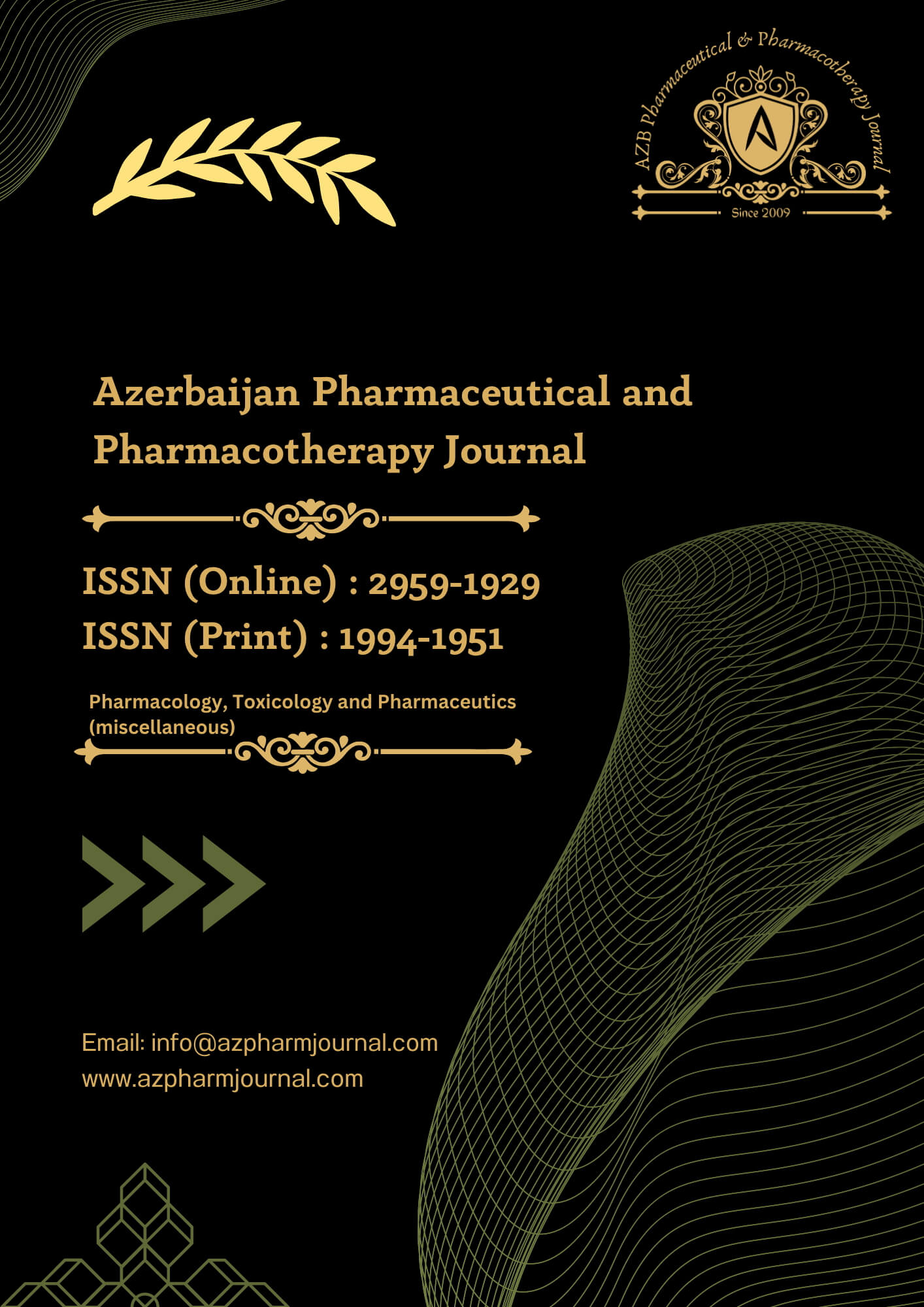The findings of this study demonstrate that the administration of probiotics, specifically Lactobacillus reuteri DSM 17938, significantly reduces the duration of daily crying in infants diagnosed with colic. This outcome is consistent with previous research suggesting a beneficial role of probiotics in managing colic symptoms through modulation of the gut microbiota.1-4
Several studies have examined the use of probiotics in treating infantile colic with varying results. A meta-analysis by Sung et al. (2018)1 reported that Lactobacillus reuteri significantly reduced daily crying time in breastfed infants with colic but found no significant effect in formula-fed infants . In our study, both breastfed and formula-fed infants showed a reduction in crying duration, though subgroup analyses would be required to fully elucidate any differential effects based on feeding type.
A systematic review by Szajewska et al. (2013)2 also supported the efficacy of probiotics, particularly Lactobacillus reuteri, in reducing colic symptoms. However, the review noted that more high-quality, large-scale studies were needed to confirm these findings and to explore the mechanisms underlying the observed benefits . Our study contributes to this body of evidence by providing data from a well-designed, double-blind, placebo-controlled trial with a substantial sample size.
Mechanisms of Action
The precise mechanisms by which probiotics alleviate colic symptoms are not fully understood, but several hypotheses have been proposed. One theory suggests that probiotics improve gut motility and function by enhancing the gut barrier and reducing intestinal permeability. This may help in reducing gastrointestinal discomfort, which is believed to be a contributing factor to colic.
Another potential mechanism is the modulation of the gut microbiota. Infants with colic have been shown to have an altered gut microbiota composition, with higher levels of potentially harmful bacteria like Escherichia coli and lower levels of beneficial bacteria like Lactobacillus spp. In our study, the probiotic group showed a significant increase in beneficial bacteria and a decrease in harmful bacteria, supporting the hypothesis that restoring a healthy balance of gut microbiota can reduce colic symptoms.
Reduction in Parental Stress
Our study also found a significant reduction in parental stress levels in the probiotic group compared to the placebo group. Parental stress is an important consideration in the management of colic, as high stress levels can negatively impact parent-infant interactions and overall family well-being. The reduction in crying duration likely contributed to decreased stress, providing a secondary benefit of probiotic treatment.
Strengths and Limitations
The strengths of this study include its randomized, double-blind, placebo-controlled design, which minimizes bias and enhances the validity of the findings. Additionally, the use of daily parental diaries to record crying duration provided detailed and accurate outcome data.
However, there are several limitations to consider. First, the study duration was limited to four weeks, and longer-term effects of probiotic treatment were not assessed. Second, while the study included both breastfed and formula-fed infants, the sample size was not large enough to conduct detailed subgroup analyses based on feeding type. Future studies should address these limitations by extending the follow-up period and including larger, more diverse populations.
